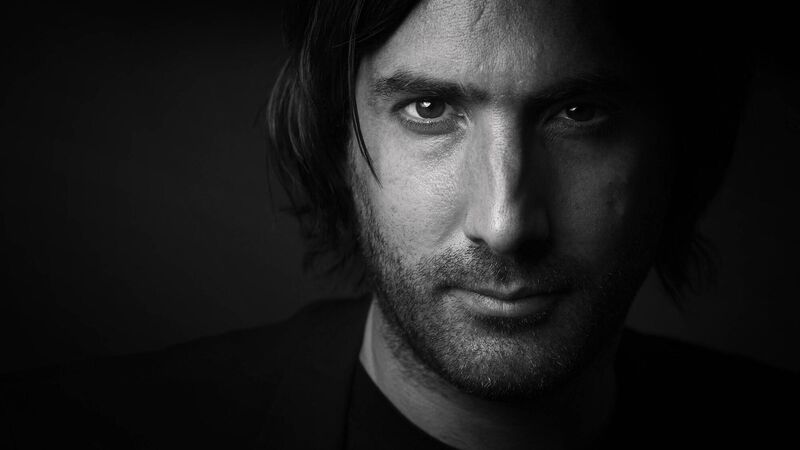Culture That Made Me: Paul Lynch on Iron Maiden, Tokyo Story and The Hardy Boys

Irish writer Paul Lynch poses on June 29, 2015 in Paris.
Paul Lynch was born in Limerick in 1977. He grew up in Co Donegal and lives in Dublin. In 2013, his debut novel Red Sky in Morning was published to acclaim on both sides of the Atlantic.
His novels have gone on to be translated into over 30 languages. They include Prophet Song, which won last year’s Booker Prize.




